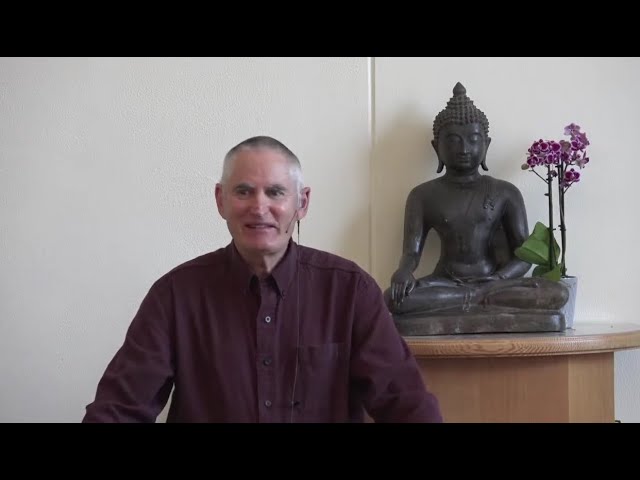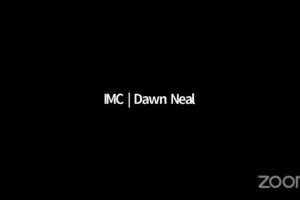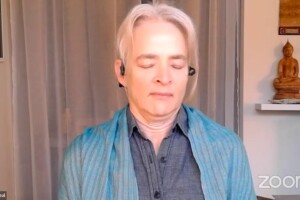
In this blog post, you will delve deeper into the essence of guided meditation, specifically focusing on Wholeheartedness and an introduction to Mindfulness Part 2. Today, we will explore the themes of Restlessness and Remorse, offering insights and practices to cultivate a more mindful and centered way of being.
Guided Meditation: Wholeheartedness; Intro to Mindfulness Pt 2
Introduction
Welcome back to the second part of the journey towards mindfulness. In this session, we will delve into the concepts of restlessness and remorse, two common obstacles on the path of wholeheartedness. By the end of this guided meditation, you will equip yourself with the tools to navigate these challenges with grace and intention.
Embrace Restlessness: Embracing the Unsettled Mind
Let’s face it – we all experience moments of restlessness. It’s that feeling of unease, the mind wandering off to distant lands when it should be anchored in the present moment. But guess what? Restlessness is not your enemy; it’s a messenger. Here’s how you can turn it into an ally:
- Acknowledge the Feeling: When restlessness creeps in, don’t push it away. Embrace it with open arms. Recognize that it’s a natural part of the human experience.
- Ground Yourself: Bring your focus back to your breath. Feel the sensation of each inhale and exhale grounding you in the here and now.
- Cultivate Curiosity: Instead of judgment, approach restlessness with curiosity. What is it trying to tell you? What hidden wisdom lies beneath the surface?
Release Remorse: Letting Go of Past Regrets
Remorse is like a ghost from the past, haunting your present moment. It’s the weight of should’ve, could’ve, would’ve hanging heavy on your shoulders. But here’s the secret – you have the power to release it. Here’s how:
- Practice Self-Compassion: Forgive yourself for past mistakes. Remember, you did the best you could with the resources you had at that time. Be kind to yourself.
- Learn from the Past: Instead of dwelling on regrets, extract lessons from your experiences. How can you grow from them? How can you use them to guide your present actions?
- Embrace Imperfection: Allow yourself to be imperfect. Embrace the messiness of being human, knowing that growth often arises from our imperfections.
Conclusion
As we conclude this session on restlessness and remorse, remember that mindfulness is a journey, not a destination. Embrace the ebb and flow of your inner landscape with wholeheartedness. By integrating these practices into your daily life, you pave the way for a more grounded, compassionate existence.
FAQs
- How often should I practice guided meditation?
- Can I listen to the audio talks while commuting?
- Is it normal to feel resistance during meditation?
- What if I fall asleep during the practice?
- How can mindfulness benefit my mental health?





